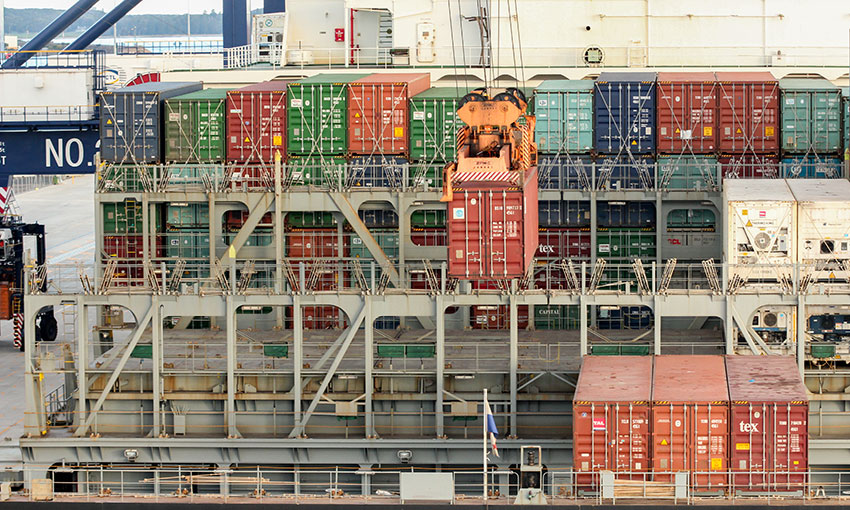AGAINST the background of concerns on the federal government’s trade facilitation agenda, the last two federal budgets have allocated funding towards work on a “Simplified Trade System” (STS) to operate across government agencies involved in the import and export of goods.
My understanding is that the federal government is now moving to start the STS process. The government has provided the following update.
“The STS is a program of reform that will simplify Australia’s international trade regulations, modernise outdated ICT systems and strengthen Australia’s economic resilience.
An STS Implementation taskforce will work closely with business and across government to comprehensively review regulations and trade systems.
The program will contribute to the delivery of a simplified, tell-us-once digital model for government-business interaction on Australian import and export movements.
The government supports developing a digital model for import and export movements. Any specific regulatory or legislative changes will be determined by the Simplified Trade System Implementation Taskforce and relevant government agencies.
The taskforce will work with business to understand existing approaches and opportunities to partner with the private sector.
Obviously, movement on creating a taskforce is welcomed and we look forward to its terms of reference as well as details of its engagement with the private sector.
From my perspective, it raises several important questions regarding:
- the membership and expertise of those in the taskforce;
- the type of engagement with the private sector – in fact there is no obvious reason why representatives of the private sector should not be part of the taskforce;
- the timing of the work of the taskforce, publication of its work and recommendations and the appetite of government to implement the recommendations of the taskforce;
- how this new taskforce and its work on the STS will be integrated into the National Committee on Trade Facilitation which is government’s peak body on trade facilitation issues. Further, how will the process work in conjunction with the many advisory bodies established by other border agencies on such issues as well as work being conducted by state governments; and
- how this will engage with the other Industry Advisory Councils announced in 2020 relating to cyber security and free-trade agreement negotiations.
It is fair to say that the private sector and its representatives already heavily engaged with these issues are somewhat fatigued and somewhat dubious on the progress of these issues at the federal and state government levels through their various agencies.
While industry would be eager for these issues to be advanced, proper co-ordination of work in the sector needs to be undertaken as well as proper engagement with those already representing all levels of the private sector in industry together with representatives from the financial and insurance sectors. It will also take some strong leadership and tangible outcomes for this all to come together and deliver the outcomes which are needed.
We look forward to substantial movement on this agenda.




